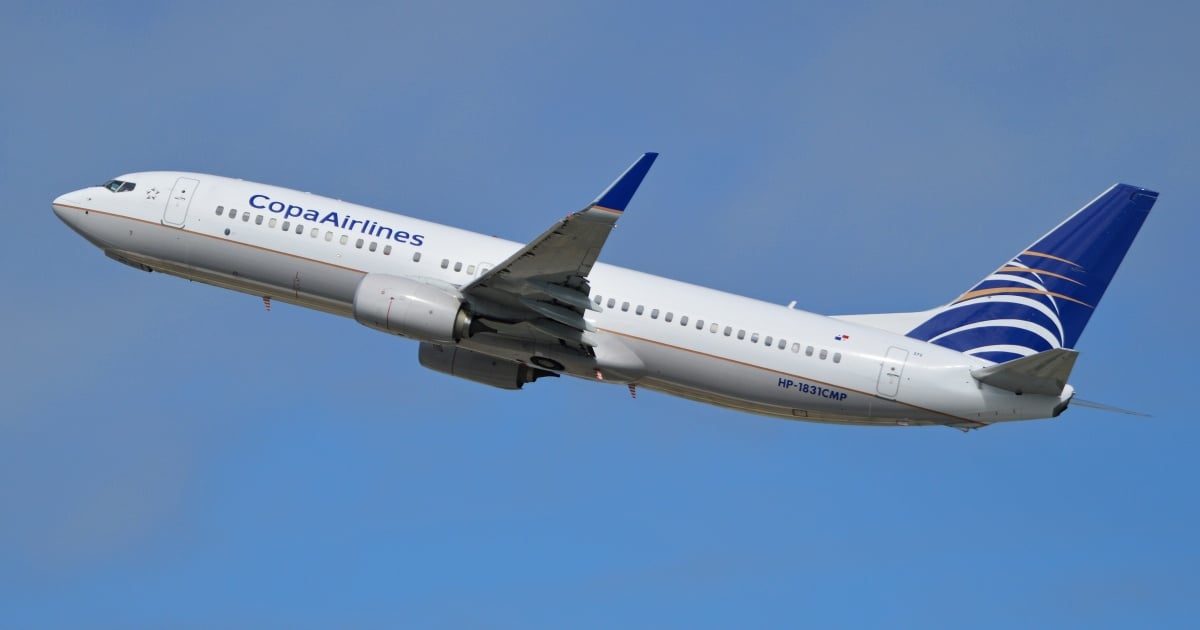The government of Venezuela has announced the temporary suspension of commercial flights to and from Panama and the Dominican Republic, effective July 31. This move comes in response to what Venezuela described as "interfering actions" by these countries concerning the recent presidential elections held in the South American nation on Sunday.
In a statement posted on its social media channels, the Ministry of the Popular Power for Transportation of Venezuela clarified that the suspension, which will take effect at 8:00 local time (12:00 GMT) on Wednesday, also addresses "the presumption of the use of civil aviation for purposes not aligned with security principles."
The Ministry stated it "reserves the right to take legal actions, in strong support of the state's political decisions, to ensure the respect, preservation, and defense of the inalienable right to self-determination of the Venezuelan people."
A report by the portal Aviación Online detailed the airlines and flights affected by Maduro's government decision.
Maduro has decided to fortify the country's entry points from two commonly used nations by Venezuelans residing abroad and citizens of other nationalities looking to make air connections amid the limited direct flight offerings to and from Venezuela.
OAS Calls Extraordinary Meeting
Simultaneously, the Permanent Council of the Organization of American States (OAS) has called for an extraordinary meeting this Wednesday to address the election results in Venezuela, at the request of a dozen member countries.
The meeting is set to take place on July 31 at 15:00 EDT (19:00 GMT) in the Simón Bolívar Hall at the OAS headquarters in Washington. The urgent session was called at the request of twelve member countries, including the seven Latin American governments that Nicolás Maduro ordered to withdraw their diplomatic personnel from Caracas.
The meeting was convened "at the request of the Permanent Missions of Argentina, Canada, Chile, Costa Rica, Ecuador, United States, Guatemala, Panama, Paraguay, Peru, Dominican Republic, and Uruguay."
In recent hours, the Venezuelan government demanded that Argentina, Chile, Costa Rica, Peru, Panama, Dominican Republic, and Uruguay "immediately" withdraw their representatives from Venezuelan territory in retaliation for expressing concerns over irregularities in the elections.
So far, the OAS has not made a statement regarding the elections, amid the international community's and Venezuelan opposition's rejection of the results announced by the National Electoral Council (CNE), which declared Nicolás Maduro the winner.
In its first report released early Monday, the CNE declared Nicolás Maduro the winner with 51.20% of the votes, compared to 44.20% for opposition candidate Edmundo González Urrutia, with 80% of the votes counted.
Opposition leader María Corina Machado rejected the official results, stating that the "newly elected president" is the candidate from the Democratic Unitary Platform (PUD), asserting that with more than 40% of the transmitted ballots, he obtained 70% of the votes, while Maduro only received 30%.
In recent hours, Venezuela has experienced increasing instability, marked by protests, the toppling of Chávez statues, and other incidents reflecting a significant portion of the population's discontent with the election results.
Key Questions About Venezuela's Flight Suspension
To provide a clearer understanding of the recent developments in Venezuela, here are some frequently asked questions and their answers regarding the suspension of commercial flights and the political context.
Why did Venezuela suspend flights to Panama and the Dominican Republic?
Venezuela suspended flights in reaction to what it termed "interfering actions" by these countries concerning its recent presidential elections, as well as concerns over the use of civil aviation for non-security purposes.
When will the flight suspension take effect?
The flight suspension will take effect at 8:00 local time (12:00 GMT) on July 31.
What is the OAS's role in the Venezuelan elections?
The OAS has called an extraordinary meeting to discuss the election results in Venezuela, reflecting the international community's concern over irregularities in the electoral process.
